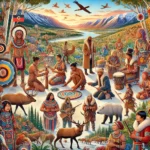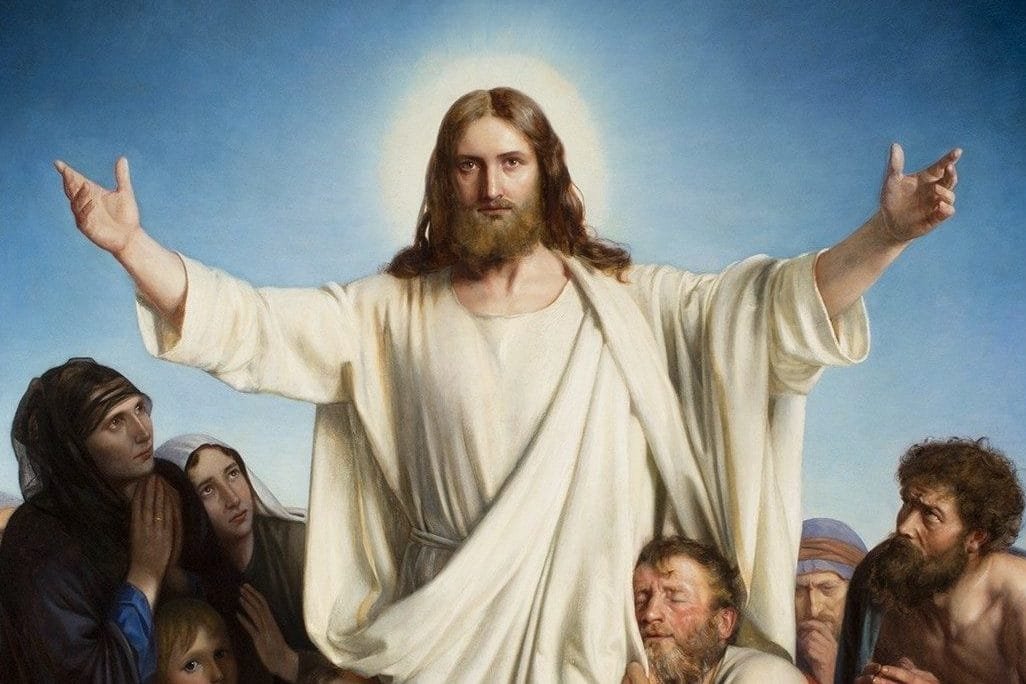The celebration of January 1st as New Year’s Day has ancient Roman roots but has been shaped by religious, cultural, and historical forces over centuries. Initially tied to pagan traditions, the date faced resistance from early Christians, who sought to align the calendar with theological priorities. Here’s a look at why we mark this day and how it evolved.
The Roman Origins of January 1st
The tradition of celebrating the New Year on January 1st began in 45 BCE when Julius Caesar introduced the Julian Calendar. He chose January to honor Janus, the Roman god of beginnings and transitions. With two faces looking both forward and backward, Janus symbolized reflection on the past and hope for the future.
Roman festivities on January 1st involved feasting, gift-giving, and prayers for prosperity, but these practices were viewed by early Christians as pagan and immoral.
Christian Resistance and Alternative Dates
Early Christians sought to distance themselves from pagan customs by proposing alternative dates for the New Year:
March 25 (The Annunciation): Celebrating the angel Gabriel’s announcement to Mary that she would bear Jesus, this date symbolized the beginning of salvation and coincided with the spring equinox, a time of renewal.
December 25 (Christmas): The birth of Jesus became another candidate for the New Year, reflecting the spiritual rebirth of humanity.
Easter: Some Christians preferred Easter, marking Jesus’ resurrection, as a fitting start for the year, highlighting themes of renewal and eternal life.
These dates aligned with religious milestones and offered a theological alternative to the Roman tradition.
Reaffirming January 1st
Despite initial resistance, January 1st was eventually embraced by Christians. It was reframed as the Feast of the Circumcision of Jesus, marking the eighth day after his birth, as per Jewish custom. This event symbolized Jesus’ human nature and adherence to Jewish law, providing a theological justification for the date.
When Pope Gregory XIII introduced the Gregorian Calendar in 1582, January 1st was reaffirmed as the start of the year to align with the solar year and standardize Christian practices. This decision was driven by practicality and the need for global consistency.
Modern Secularization
Over time, January 1st transitioned into a largely secular celebration. The spread of the Gregorian Calendar through colonial expansion and global trade made it the default New Year’s Day worldwide. However, some religious and cultural communities continue to observe alternative New Year dates, such as Rosh Hashanah for Jews, the Islamic New Year, or the Ethiopian calendar.
What Happened on January 1, 0001?
Interestingly, nothing historically significant is recorded for January 1, 0001. The Anno Domini (AD) system, created by the monk Dionysius Exiguus in the 6th century, retroactively set this date based on the calculated birth year of Jesus, though modern scholars believe Jesus was likely born between 4 BCE and 6 BCE.
The celebration of January 1st as New Year’s Day is a blend of ancient Roman customs, Christian theology, and modern secularization. While its origins lie in pagan traditions, the date has been reinterpreted and adopted globally, symbolizing new beginnings for all.












